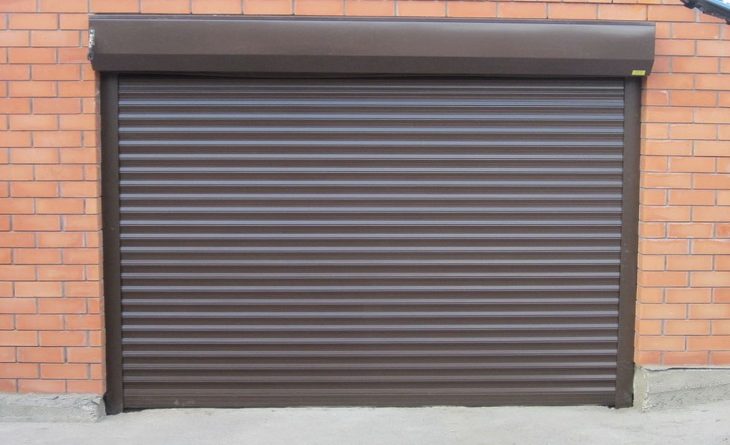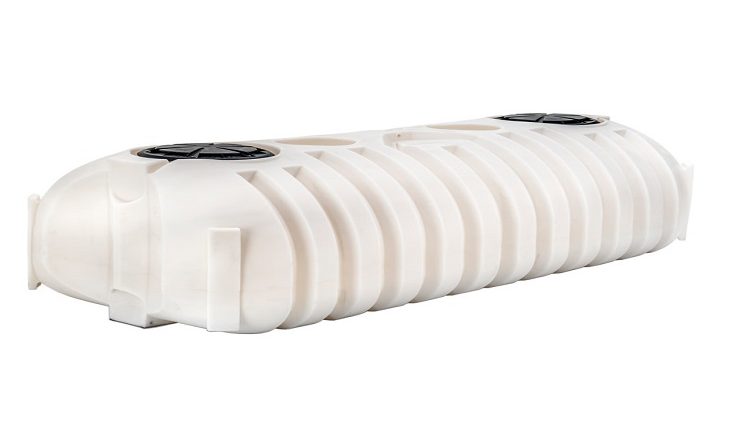It’s vital to have a functional water sensor in your oil filtration system. The reasons are obvious – first, water reacts with metals in the presence of air to form rust. Over time, the corroded specks of metal can clog the filters, rendering the filtration system useless. Also, these specks are abrasive, meaning that they wear down other components and affect the system’s performance.
Another adverse effect of water is that it provides favourable conditions for the growth of microbes, such as algae and bacteria. These produce acids that erode the components of your filtration system. When they eventually die, they also clog the filters.
You can easily avoid the challenges mentioned above by investing in a water sensor. Read on to discover the factors you need to consider when shopping for a water sensor.
Indicator Light
The primary function of water sensors is to alert you when water or steam contaminates your oil or fuel. Because it’s denser, water usually settles on the lower part of the tank, where it can still cause damage if it isn’t removed in time.
The sensor you purchase must have an indicator light that notifies you whenever contaminants enter your fuel. This will enable you to take the right actions to prevent extensive damage to your equipment. Specifically, you’ll open the water valve whenever this indicator lights up.
Audible Alarm
With lights, you have to be close to the machine to notice that your oil is contaminated by water. What if you’re held up somewhere else in the facility? This is where audible alarms come in handy.
A good sensor must have a loud alarm to accompany the indicator lights. This ensures that you get alerts about contaminants instantly, especially when you’re not in a position to notice the lights.
Non-corrosive Components
Most of the time, your water sensor will be submerged in oil. If the oil has water, exposure to air might cause the sensor to rust. For this reason, you must avoid models made using metals that are susceptible to rusting and corrosion.
Self-grounding
Electric appliances such as water sensors are susceptible to short-circuiting, mainly because water and oil conduct electricity. If mishandled, these power surges could shock the machine operator, or even worse, destroy the equipment.
Ensure that the water sensor you purchase has self-grounding properties to reduce the risk of short-circuiting. If it doesn’t, attach it to a stainless steel rod with brass threads.
Versatility
You’ll likely be testing different fuels for contaminants. This is why it’s advisable to purchase a sensor that is compatible with several types of oils and fuels, as it saves the cost of buying many pieces.
Warranty
Due to the frequent movements, machine components tend to break down and require regular servicing. Sometimes, the equipment might start behaving erratically without any noticeable defects. To avoid or reduce these miscellaneous expenses, get a water sensor with a service warranty.
Final Words
Water sensors have a wide range of applications, from oil filtration systems to sludge dewatering plants. Their function is to detect the presence of water and alert the operator to remove it before it damages the machinery.
Hopefully, the criteria mentioned above will help you make an informed decision when you go shopping for this vital equipment.
Read Also:
Why Industrial Filtration is So Important
Why the Metal Industry Often Uses Coolants For Production





